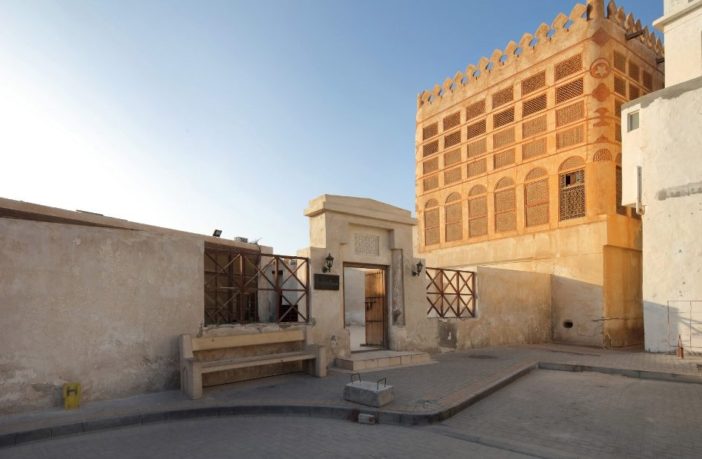Bruna Garcia Fonseca
bruna.garcia@anba.com.br
Beirut, Lebanon; Slemani, Iraq; Ramallah, Palestine; Essaouira, Morocco; Sharjah, UAE; and Muharraq, Bahrain have been added alongside 60 other cities, including Belo Horizonte and Fortaleza, Brazil.
São Paulo – The United Nations Educational, Scientific and Cultural Organization (UNESCO) has designated six new Arab cities for its Creative Cities Network, an international platform that connects cities to share experiences, ideas and best practices in the creative industries and urban development.
The cities and categories are: Literature, for Beirut, Lebanon and Slemani, Iraq; Music, for Ramallah, Palestine and Essaouira, Morocco; Crafts and Folk Art, for Sharjah, UAE; and Design, for Muharraq, Bahrain (pictured). In all, sixty-six new cities have been added, including Brazil’s Fortaleza, Ceará, for Design, and Belo Horizonte, Minas Gerais for Gastronomy.
““All over the world, these cities, each in its way, make culture the pillar, not an accessory, of their strategy. This favors political and social innovation and is particularly important for the young generations.” said UNESCO director-general Audrey Azoulay.
UNESCO’s Creative Cities Network now comprises 246 cities. In Brazil, apart from the newly added Minas Gerais and Ceará capitals, listed cities include Paraty (RJ), Salvador (BA), Brasília (DF), Belém (PA), Curitiba (PR), Santos (SP), João Pessoa (PB) and Florianópolis (SC). Click here for a list.
Since 2004, the Creative Cities Network has promoted cooperation with and among cities that invest in culture and creativity as drivers of sustainable development, inclusion, safety, resiliency and sustainability.
“We would like to congratulate Belo Horizonte and Fortaleza on their designation. This choice further underscores Brazil’s relevance to the Creative Cities Network, and the central role of culture and creativity in policymaking. There are over ten Brazilian cities on the list, and we’ll be in the spotlight next year as Santos (SP) will host the annual meeting of designated cities,” said UNESCO director and representative in Brazil Marlova Jovchelovitch Noleto.
The July 2020 event in Santos will be focus on demonstrating the power of creativity and culture as drivers of sustainable social, urban and economic development to reduce global inequality.
The UNESCO project works as a laboratory for innovative ideas and practices, making actual contributions to achieving the United Nations’ 2030 Agenda for Sustainable Development. Member cities promote public policies and citizen-based projects involving women, young people and at-risk groups.
Translated by Gabriel Pomerancblum







